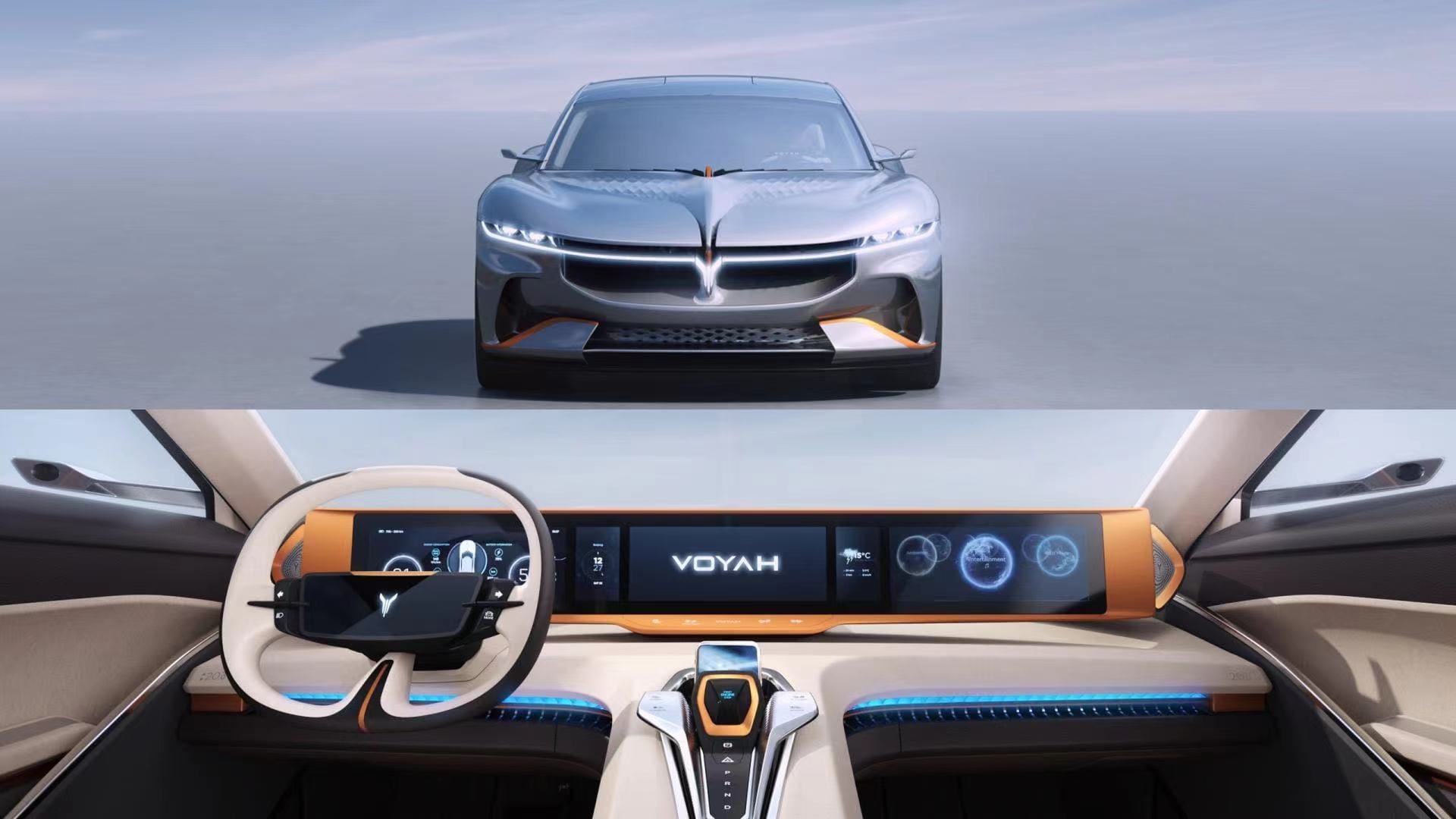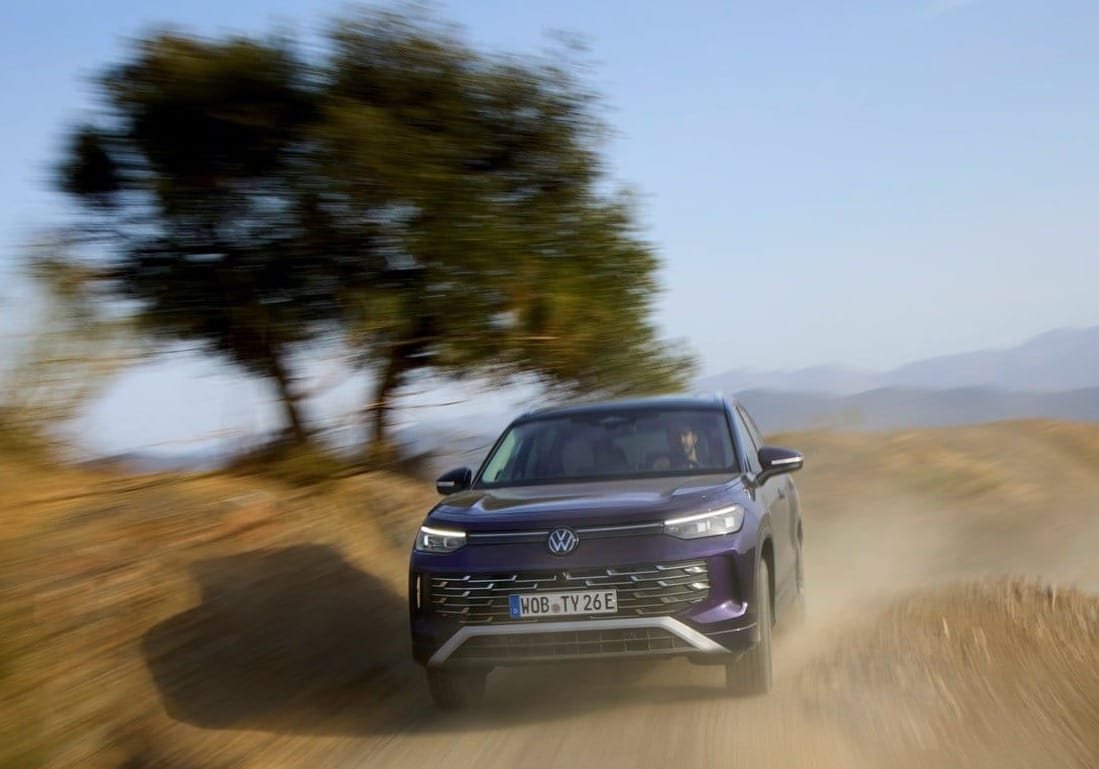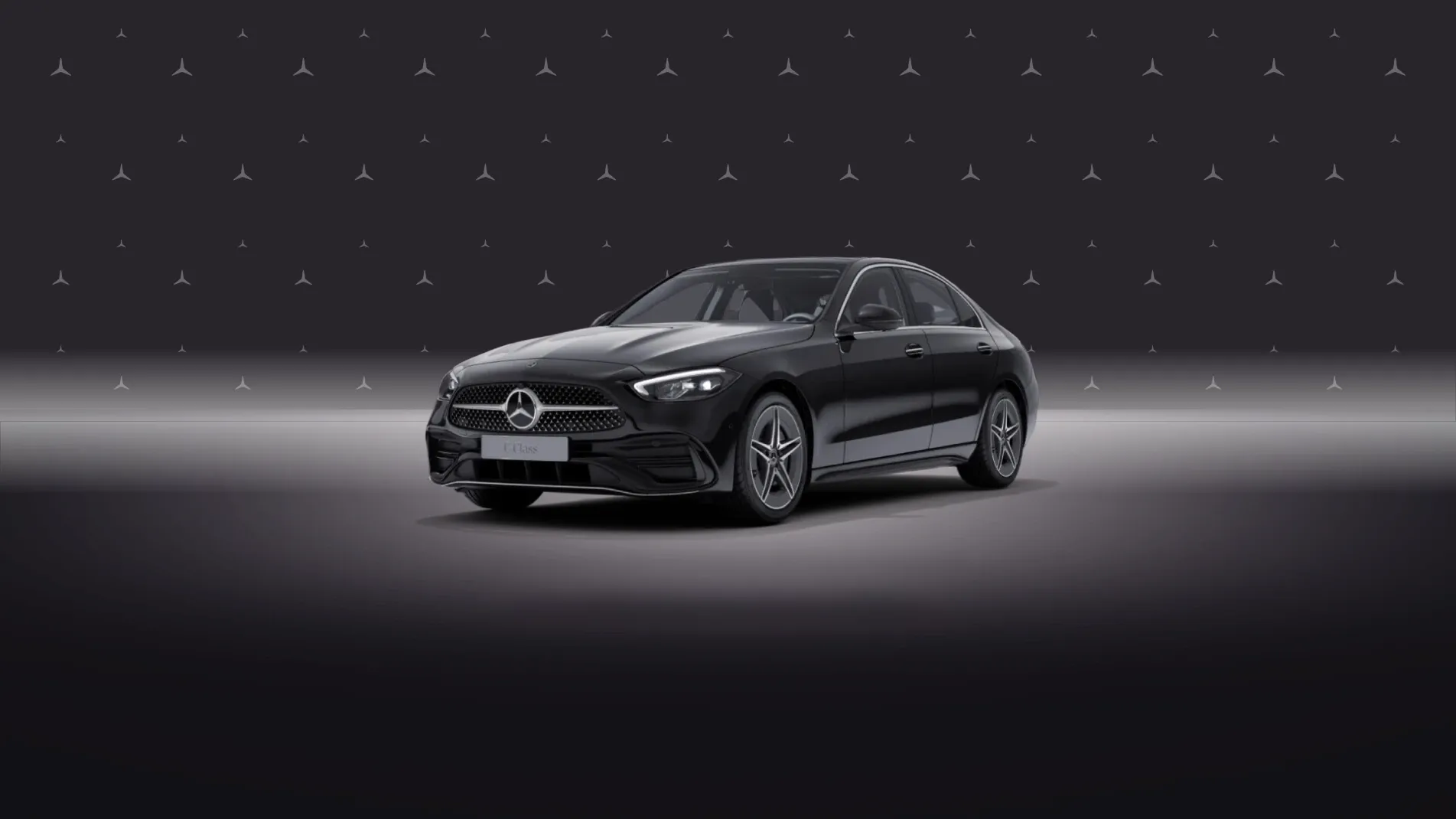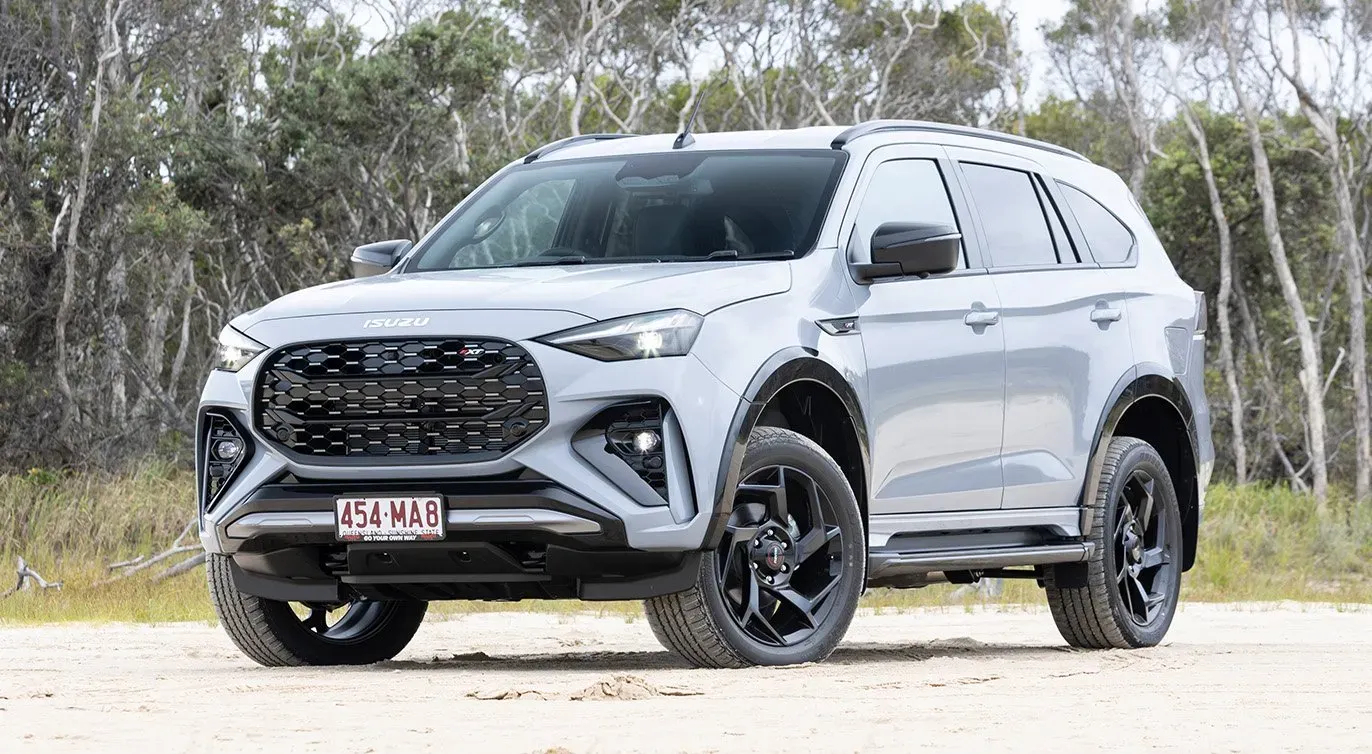In a stark warning to the automotive world, Ford CEO Jim Farley has declared Chinese electric vehicles (EVs) an "existential threat" to the American auto industry. Farley's comments underscore the growing concern among U.S. automakers about the rapid advancement of Chinese EV manufacturers and their potential to disrupt global markets.
According to Farley, Ford could risk losing 20-30% of its revenue in the coming years if it fails to compete effectively with Chinese EVs on a global scale. This threat is particularly evident in markets like Europe, Southeast Asia, and Mexico, where Chinese automakers are making significant inroads. In Mexico alone, 25% of vehicles sold last year were sourced from China, highlighting the speed at which these manufacturers are expanding their reach.
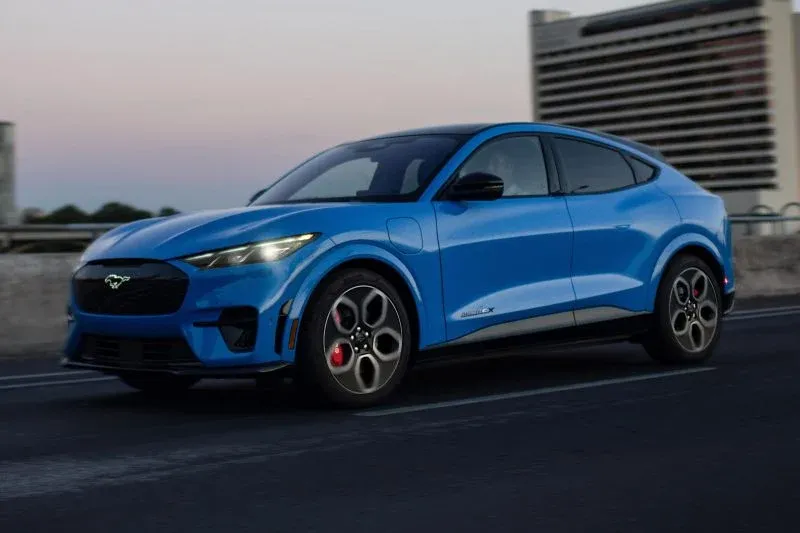
The cost advantage of Chinese EVs is a primary concern for Ford. Farley pointed out that BYD, a leading Chinese EV maker, can produce its Seagull model for just $9,000 to $11,000 in materials, significantly undercutting Western competitors. This price differential poses a major challenge for established automakers like Ford.In response to this threat, Ford is implementing several strategies:
- Developing a low-cost EV platform: The company has assembled a "skunkworks" team led by former Tesla engineer Alan Clarke to create more affordable electric vehicles.
- Exploring collaborations: Ford is considering partnerships with other automakers, particularly in battery production, to reduce costs and improve competitiveness.
- Focusing on hybrid vehicles: Recognizing the current market demand, Ford is also emphasizing hybrid options alongside its EV development.
- Pushing for policy measures: The company is advocating for protective policies against what it sees as unfair competition from subsidized Chinese manufacturers.
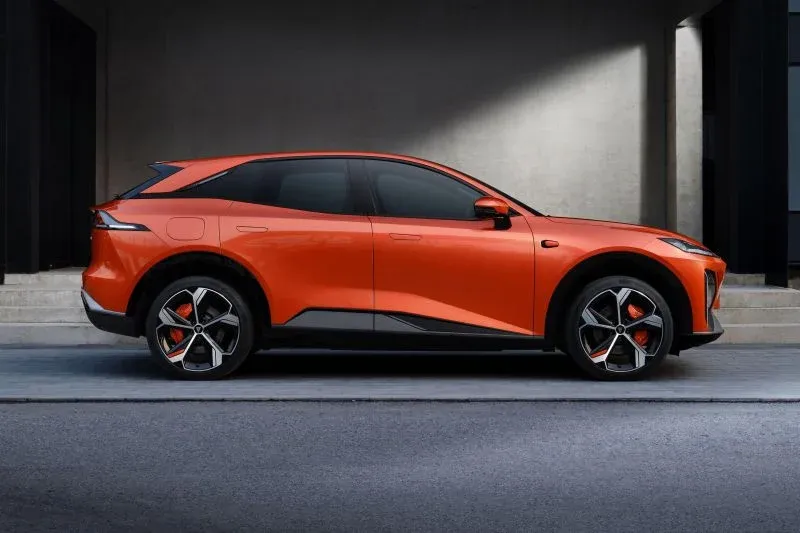
While high tariffs have so far kept Chinese EVs out of the U.S. market, there are concerns about these vehicles entering through Mexico, taking advantage of free trade agreements. This potential influx adds urgency to Ford's efforts to innovate and adapt quickly.Farley emphasized the need for rapid innovation, stating, "The Chinese are going to be the powerhouse." He added that Ford must move swiftly to maintain its competitiveness in the evolving global EV market.
As the automotive landscape continues to shift, Ford's response to the challenge posed by Chinese EVs will be crucial in shaping the future of the American auto industry. The coming years will likely see intense competition and innovation as established automakers strive to keep pace with their fast-moving Chinese counterparts.



